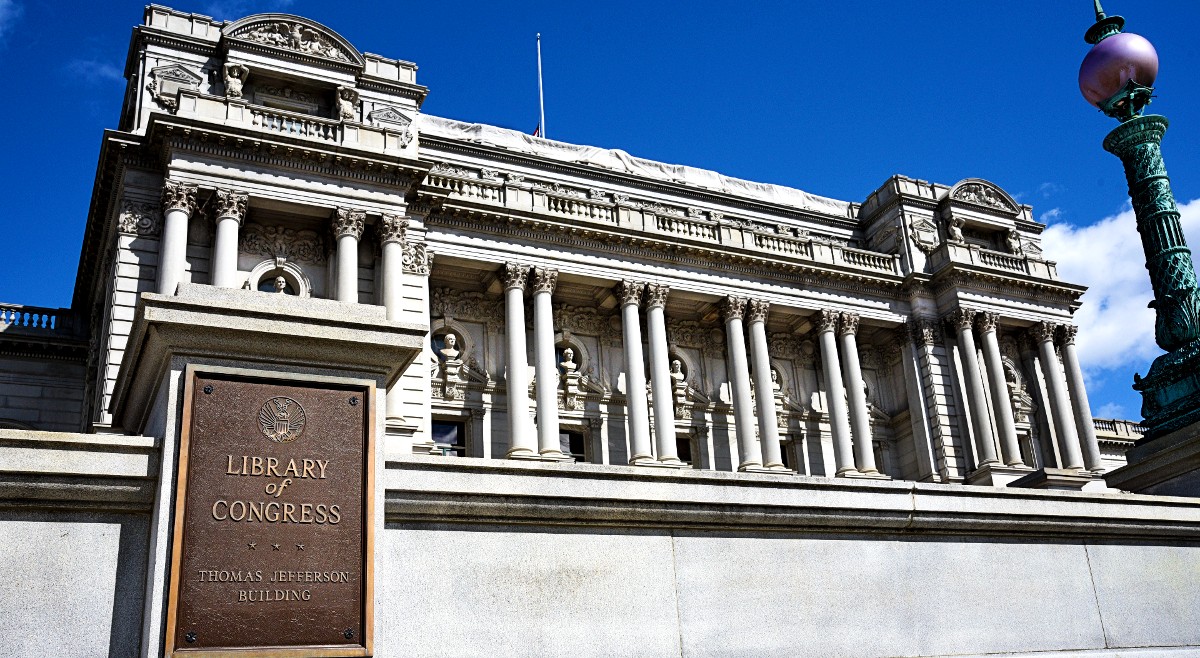Female Archeologist Ommited From History Finally Receives Justice Almost a Century Later

The Library of Congress is finally recognizing Dr. Mary Ross Ellingson’s contributions to archeology. The recognition comes after Dr. Ellingson’s work was plagiarized by a male colleague, thus omitting her from history for over 90 years.
Dr. Ellingson was born in 1906 in Edmonton, Alberta, Canada, and began studying classics at the University of Alberta as an undergraduate student. For her graduate degree, she was accepted into the prestigious John Hopkins University to study archeology despite the field being very sexist and male-dominated. To this day, the field of archeology has struggled to recognize contributions from women and shake its sexist atmosphere, so one can imagine how much worse things might have been in the 1930s. However, Dr. Ellingson flourished in the field, accompanying her adviser, David Moore Robinson, to evacuate the ancient Greek city of Olynthus in the 1930s.
At the excavation site, she directed whole teams of workmen and recorded her groundbreaking discoveries and analysis of terracotta figurines with notes and photographs. Dr. Ellingson went on to earn her doctorate, using her research on the terracotta figures for her dissertation. Continuing to beat the sexism of the time, she went on to become a respected archeology professor at the University of Evansville, a role she held until her retirement in 1974. Though she left behind a cherished legacy during her tenure at the University of Evansville, she never received recognition for her work in archeology before her passing in 1993.
The Library of Congress rectifies a decades-long injustice
As mentioned above, Dr. Ellingson made a huge discovery during her excavations at Olynthus. Prior to her work, it was believed that terracotta figurines were used solely in shrines and temples. At Olynthus, she found terracotta figures from homes and began to re-evaluate the purpose these figures served. By analyzing these figurines in various contexts, Dr. Ellingson was able to challenge how the field of archeology viewed these artifacts and bring to light the role they played in private life in ancient Greece. Using her notes, she further expanded on her research in her graduate thesis and doctoral dissertation.
However, around the time she received her doctorate, she was married to Rudolph Conrad Ellingson. Over the next few years, she would welcome three children and navigate the outbreak of World War II with her family. Hence, she never got the opportunity to publish her findings, but someone else did. Robinson, the man who was supposed to be her advisor and mentor, published her work in the Excavations at Olynthus series—under his own name. He did not have her permission to do so and did not credit her whatsoever. Unfortunately, likely due to the prevalent sexism at the time, there’s no evidence that Dr. Ellingson ever spoke about the plagiarism to anyone.
For years, the plagiarism remained unknown. It wasn’t until 2014 that archeology scholar Alan Kaiser recognized the plagiarism after going through Ellingson’s photos and letters from 1991. He recorded his findings in Archaeology, Sexism, and Scandal. After learning of her work and discoveries and comparing it to Robinson’s publication, there was no explanation Kaiser could find other than that Robinson outright stole her work without permission and consequence. When this injustice was discovered, Kaiser, his readers, and John Hopkins University began petitioning for the Library of Congress to rectify the issue and add Dr. Ellingson’s name to the Excavations of Olynthus series. Finally, just days ago, the Library of Congress officially added her name and formally recognized her work in the field of archeology.
While it’s disappointing Dr. Ellingson didn’t live to see her contributions recognized and it took so long after Kaiser’s discovery for action to be taken, it is still a victory for the field to finally acknowledge, rather than sweep under the rug, that a man stole her work. The official recognition also raises hope that justice is still attainable for other women erased from history. Dr. Ellingson’s story makes one wonder how many other women are out there with stories like these, who had their work stolen by sexist colleagues and faced such discrimination they didn’t even feel as if they could mention this injustice to anyone.
Although it took some time, Dr. Ellingson will live on as a vital part of archeological history, while Robinson’s name will continue to gain notoriety as the professor who stole his own student’s work.
(featured image: Robert Alexander/Getty)
Have a tip we should know? [email protected]